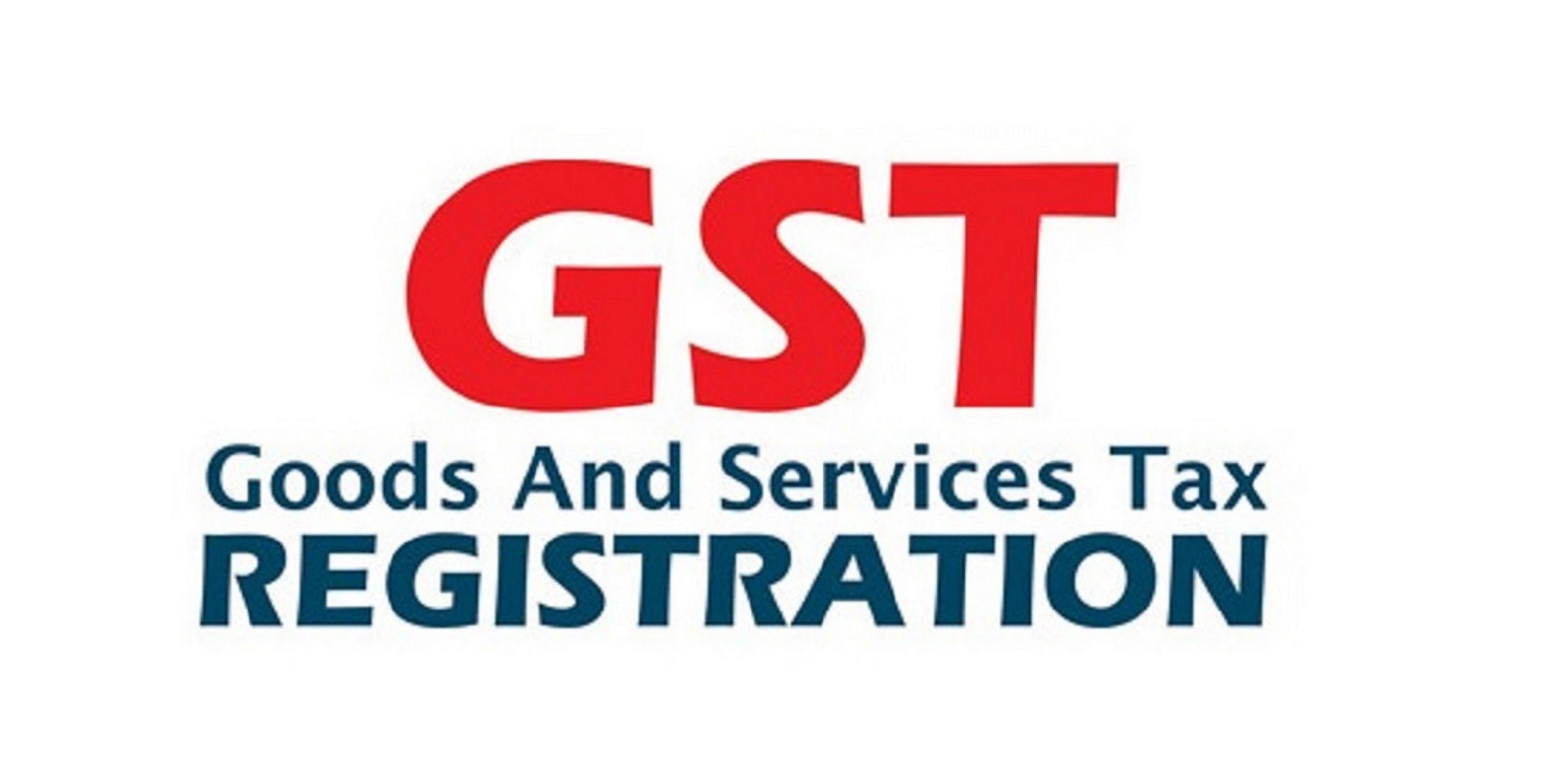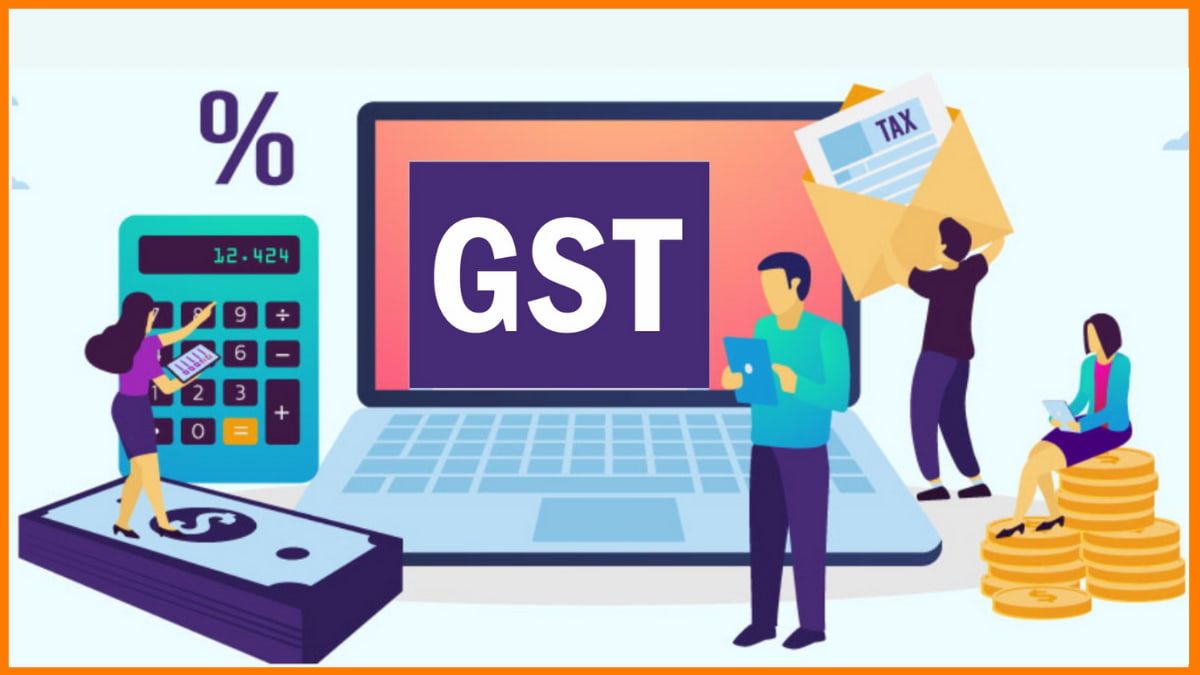Optimizing Tax Obligation Effectiveness: Professional Tips on Navigating the GST Registration Puzzle for Local Business
Navigating the intricate landscape of Item and Provider Tax (GST) enrollment can be a labyrinthine task for little companies intending to optimize their tax effectiveness. In this discussion, we will discover skilled insights and actionable suggestions that can empower little organizations to navigate the GST registration puzzle effectively and enhance their tax obligation performance.
Eligibility Requirements
Qualification requirements for Small company GST Enrollment incorporate particular requirements that organizations must satisfy to abide by tax obligation regulations. To get GST enrollment, a company has to have an annual turnover surpassing the limit established by the tax authorities, which differs by country. In addition, companies associated with inter-state supply of goods or services, or those offering goods online, may be needed to register for GST, regardless of their turn over. It is necessary for services to accurately identify their qualification based on these turn over thresholds to prevent charges for non-compliance. Singapore GST Registration.

Documentation Requirements
The called for documentation normally consists of proof of service registration or consolidation, identity and address proofs of the company proprietor, photos, bank account information, and evidence of the primary area of service. Additionally, organizations need to offer information of their service activities, including the services or products provided.
Keeping all essential paperwork organized and conveniently easily accessible can streamline the enrollment process and aid companies abide with the requirements successfully. Precise focus to detail and adherence to the documents guidelines are crucial for a successful GST registration procedure for little businesses.
Timing Considerations
Considering the necessary documentation needs have been thoroughly attended to, the next important aspect for little businesses starting the GST enrollment process is the calculated monitoring of timing considerations. Timing plays an essential role in GST enrollment, influencing not only compliance yet also monetary aspects of business. Tiny services need to meticulously prepare the timing of their GST registration to take full advantage of benefits and reduce potential dangers.

Furthermore, businesses should align the timing of their GST registration with their operational preparedness. Adequate preparation, such as updating accounting systems and training staff, is vital to flawlessly integrate GST demands right into day-to-day procedures. By strategically managing timing factors to consider, local business can browse the GST registration process successfully and maximize their tax obligation efficiency.
Registration Refine Tips
Successfully navigating the GST enrollment procedure requires little businesses to carry out aggressive and strategic enrollment procedure tips. This includes service enrollment files, evidence of address, financial institution statements, and identification evidence of the organization owners.
Furthermore, recognizing the thresholds and requirements for GST registration based upon the details state or territory where the company runs is important. Some states have different turn over limits that cause necessary enrollment, so being educated concerning these thresholds can help services intend ahead.
Another important idea is to take into consideration seeking specialist assistance from accounting professionals or tax obligation professionals who specialize in GST registration. Their expertise can enhance the procedure, lower errors, and make sure conformity with all regulations.
Conformity Ideal Practices
Navigating the GST registration procedure efficiently demands not only strategic enrollment process tips but likewise diligent adherence to compliance ideal methods to ensure ongoing governing alignment. Small companies should prioritize conformity to avoid fines and preserve a good standing with tax obligation authorities. One vital ideal technique is to keep comprehensive and exact records of all deals. This includes billings, receipts, and other economic papers that may be needed for tax obligation audits or compliance checks. Additionally, remaining notified about any kind of updates or adjustments to GST laws is important. Small company proprietors must consistently these details examine government guidelines and look for expert guidance if needed to ensure they click here to read are fulfilling all needs. It is additionally recommended to submit GST returns promptly to prevent late costs and charges. By including these compliance best techniques into their procedures, local business can navigate the complexities of GST enrollment with confidence and effectiveness.
Verdict
In verdict, tiny companies can navigate the GST enrollment maze by ensuring they meet eligibility criteria, gather needed paperwork, think about timing ramifications, comply with registration process ideas, and follow conformity finest methods. By maximizing tax efficiency via correct GST enrollment, companies can enhance their financial monitoring and procedures.
Navigating the elaborate landscape of Goods and Provider Tax Obligation (GST) registration can be a labyrinthine task for tiny organizations intending to maximize their tax performance.Qualification demands for Small Company GST Registration incorporate certain requirements that companies must fulfill to abide with tax obligation policies. The required documentation typically consists of proof of company registration or identity, incorporation and address evidence of the company proprietor, photos, bank account information, and evidence of the principal place of organization. Furthermore, services require to supply details of their business tasks, including the goods or solutions supplied.Effectively navigating the GST registration procedure calls for tiny services to execute aggressive and critical registration procedure suggestions.